Max Mosley’s autobiography has been much anticipated: by the motor racing world, by the writers and readers of tabloid newspapers, by social historians, and by lawyers, whom one imagines perusing it with nods, frowns and the occasional wince.
Mosley is a barrister of Gray’s Inn, and it was as a lawyer that, with his friend Bernie Ecclestone, he came to dominate motor racing.
Already a subscriber? Log in
Subscribe for just $2 a week
Try a month of The Spectator Australia absolutely free and without commitment. Not only that but – if you choose to continue – you’ll pay just $2 a week for your first year.
- Unlimited access to spectator.com.au and app
- The weekly edition on the Spectator Australia app
- Spectator podcasts and newsletters
- Full access to spectator.co.uk
Or
Unlock this article
Available from the Spectator Bookshop, £20 Tel: 08430 600033
You might disagree with half of it, but you’ll enjoy reading all of it. Try your first month for free, then just $2 a week for the remainder of your first year.

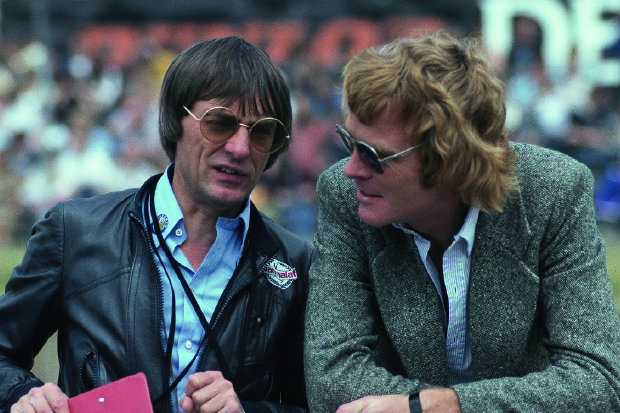
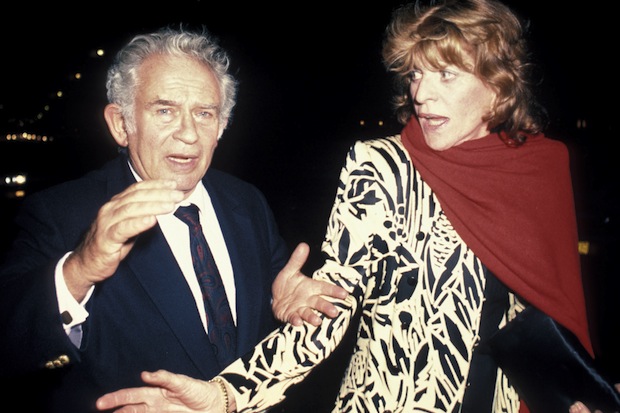
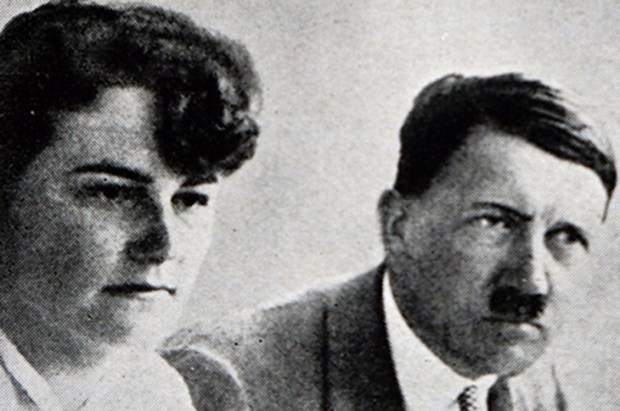
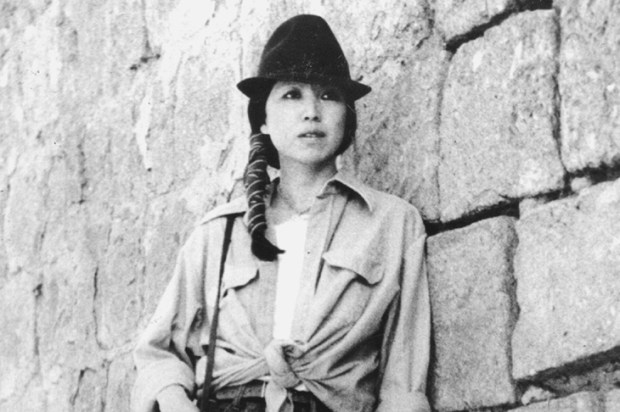

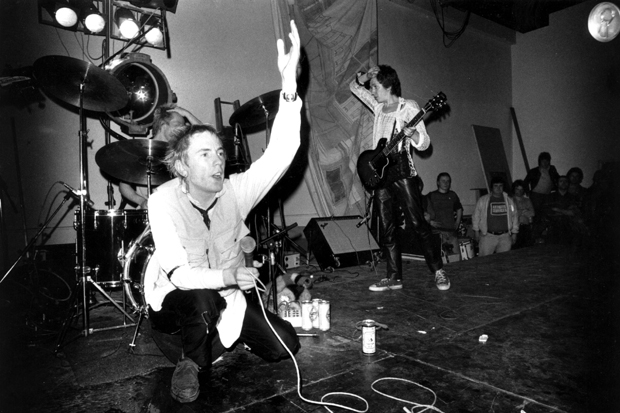
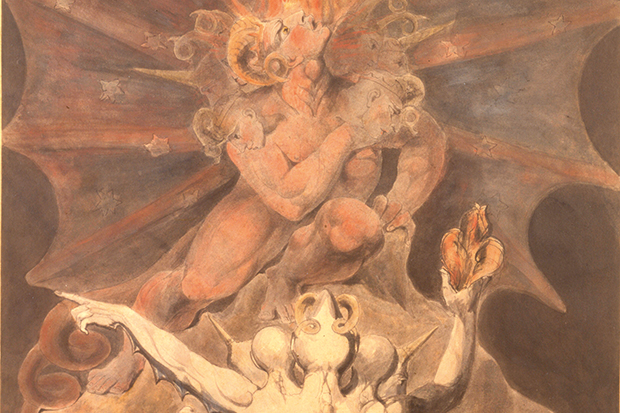






Comments
Don't miss out
Join the conversation with other Spectator Australia readers. Subscribe to leave a comment.
SUBSCRIBEAlready a subscriber? Log in